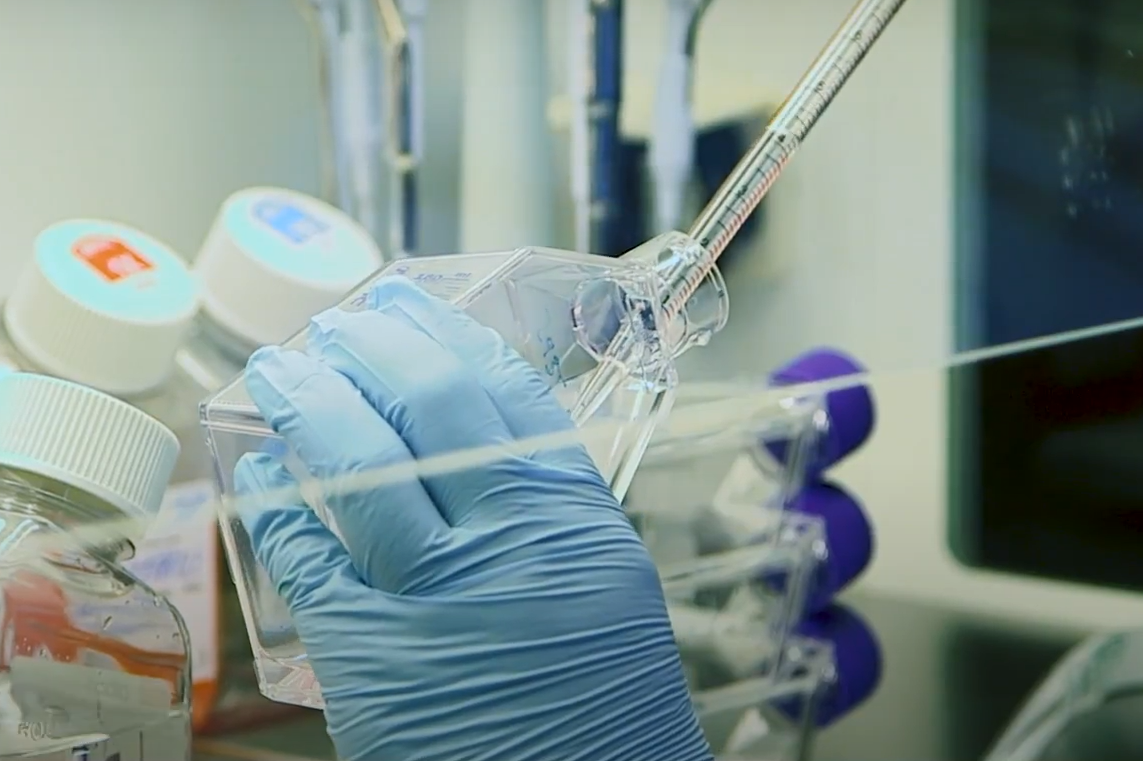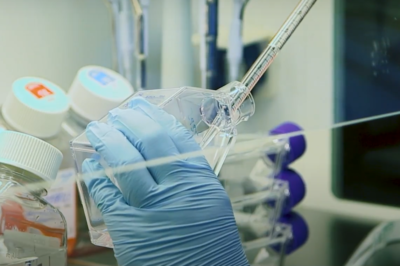



Our response to the mRNA pancreatic cancer vaccine trial
Our Head of Research, Dr Chris MacDonald comments on the exciting trial results presented at the American Society of Clinical Oncology conference in Chicago.
Encouraging initial results from a clinical trial were presented at the American Society of Clinical Oncology conference in Chicago this week, revealing that vaccines could train the immune system to kill pancreatic cancer cells. The jab uses the same mRNA theory that is present in Covid vaccines.
The hope is that the vaccine will stimulate the production of immune cells, named T cells, that recognise pancreatic cancer cells. Researchers believe that this could reduce the risk of cancer returning once the main tumour has been removed by surgery.
Half of the patients given the vaccine in the trial remained free of pancreatic cancer 18 months later. As it stands, more than half of people with pancreatic cancer die within three months.
The vaccine was developed and researched by a team of US scientists in collaboration with BioNTech, the German firm behind the Pfizer covid jabs.
Our very own Head of Research, Dr Chris MacDonald has reacted to the development, saying:
“We desperately need more treatment options for pancreatic cancer and this is a wonderfully elegant approach to that problem, utilising technology that we now know how to wield much more effectively thanks to the incredible advances in mRNA COVID-19 vaccines.
"Such a vaccine would be a vital new weapon against the deadliest common cancer."
“Surgery is currently our only potentially curative treatment for pancreatic, but tragically, in 75% of cases the cancer reoccurs. Immunotherapies have already had a transformative impact on other cancers. If in future we are able to create an individualised vaccine based on the very specific genetic changes to a person’s pancreatic cancer, as the team have done here, it could help overcome the disease’s ability to evade our body’s natural defences and trigger the strong immune response needed to destroy it. Such a vaccine would be a vital new weapon against the deadliest common cancer.
“It’s really important we acknowledge that this is a very early, small scale trial, designed only to assess whether this approach is safe and feasible – not to measure the effectiveness of the vaccine. However, these results are certainly promising and clearly make the case for more research. It is genuinely thrilling to see this progress in a cancer so underserved for so long.”

